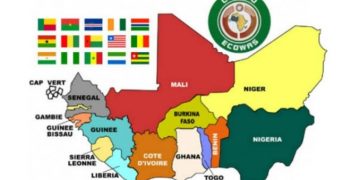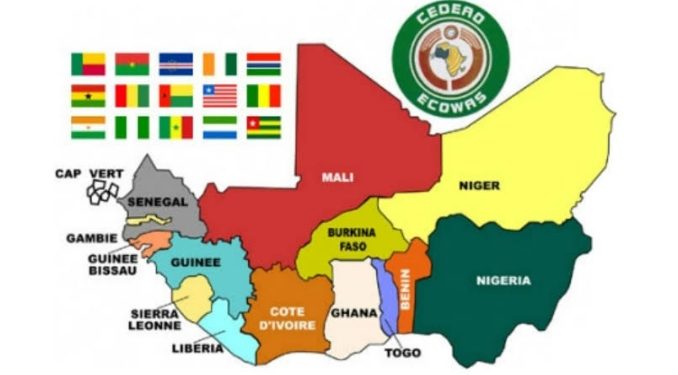By John Ikani
The Economic Community of West African States (ECOWAS) Parliament was divided over the actions that should be taken to address the Niger coup on Saturday.
Twenty-two parliamentarians took part in a virtual extraordinary meeting to discuss the political crisis in Niger Republic. Some parliamentarians spoke in support of dialogue and diplomacy, while others called for military action against the junta.
Defying military intervention, certain members highlighted the potential dire consequences for civilians if the nation were to be invaded by forces aiming to overthrow the coup leaders.
Ali Djibo, a representative from Niger Republic, emphasized that dialogue presented the most effective resolution and challenged the wisdom of military action, asserting that history showed it to be an unfavourable approach globally.
Djibo articulated, “Engaging in warfare would exacerbate the already challenging economic predicaments facing the people of the sub-region. At this very moment, a substantial number of trucks laden with goods are stranded at the borders. We must also be mindful that applying the ECOWAS treaty requires consistency across the board.”
Awaji-Inombek Dagomie Abiante (Rivers) underscored the importance of ECOWAS directing its attention towards addressing the underlying causes of coups in member countries. He advocated for the application of diplomacy as the key to resolving the issue.
‘Dialogue’s Role: Lessons from Mali, Burkina Faso, Guinea’
ECOWAS Parliament members advocating for a military solution to the Niger Republic crisis argued that dialogue and diplomacy had effectively curbed coup outbreaks in West Africa.
Linda Ikpeazu was among those supporting the military stance, asserting that previous lack of consequences, particularly in Mali, Burkina Faso, and Guinea, contributed to the current situation in Niger Republic. She stressed that the sub-region was now fraught with uncertainty, as the next affected nation remained uncertain.
Adebayo Balogun clarified that ECOWAS Heads of States were not advocating for an all-out war but rather a focused military intervention to oust the coup leaders. He reminded that Niger had committed to ECOWAS’ revised protocol on non-military intervention.
Also, Bashir Dawodu contended that while diplomatic efforts were pursued, the military option should remain open to exert pressure on the coup perpetrators. He cautioned those relying on Russia’s support for the junta, highlighting the limitations of such reliance.
Wase and Ndume
Two voices, Idris Wase and Ali Ndume, raised their concerns against military intervention in Niger Republic. Idris Wase, the first Deputy Speaker of the ECOWAS Parliament, criticized ECOWAS Chairman President Bola Tinubu for unilaterally closing the Nigerian-Niger border and cutting off electricity without the Nigerian National Assembly’s approval.
Wase analogized, “The Russia-Ukraine war commenced as a short conflict, yet a year later, it persists, inflicting economic losses and rampant devastation. The subregional military leaders recognize the economic benefits they stand to gain; this explains their eagerness to intervene militarily in Niger. Unfortunately, many of them are tainted by corruption.”
Wase concluded, “Any assault on Niger will bear grave consequences for 60% of Nigeria, particularly Northern Nigeria.”




































